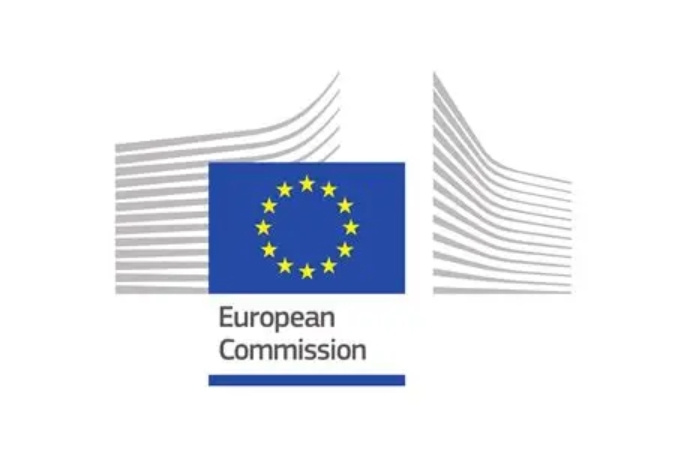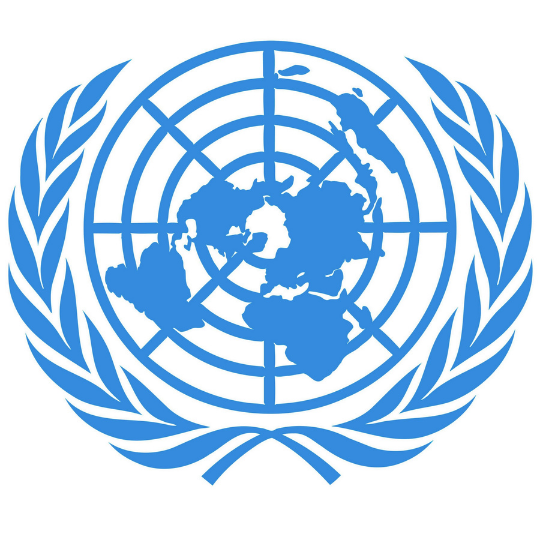How to understand SSE in view of a plurality of definitions?

Definition by the European Commission

According to the European Commission (EC), "social economy covers entities sharing the following main common principles and features: the primacy of people as well as social and/or environmental purpose over profit, the reinvestment of most of the profits and surpluses to carry out activities in the interest of members/users ('collective interest') or society at large ('general interest') and democratic and/or participatory governance.”
Traditionally, the EC recognises four main types of social economy entities – cooperatives, mutual benefit societies, associations (including charities), and foundations – all being private entities, independent of public authorities and with specific legal forms. Progressively, social enterprises also became understood as part of the social economy.
Definition by the International Labour Organisation

The International Labour Organisation (ILO) uses the term of social and solidarity economy, specifying that it “encompasses enterprises, organisations and other entities that are engaged in economic, social and environmental activities to serve the collective and/or general interest, which are based on the principles of voluntary cooperation and mutual aid, democratic and/or participatory governance, autonomy and independence and the primacy of people and social purpose over capital in the distribution and use of surpluses and/or profits (…)”. The ILO provides a typology of SSE actors: “cooperatives, associations, mutual societies, foundations, social enterprises, self-help groups and other entities operating in accordance with the values and principles” of the SSE.
Acknowledgement of the sector’s role by the United Nations

Building on the definition by the ILO, the United Nations (UN) acknowledges the important role of SSE in contributing “to the achievement and localisation of the Sustainable Development Goals, particularly in terms of employment and decent work, the provision of social services, (…) the promotion of gender equality and the empowerment of women, access to affordable finance and local economic development, the strengthening of the productive capacities of people in vulnerable situations, the promotion of social dialogue, labour rights and social protection, as well as inclusive and sustainable growth, the forging of partnerships and networks at the local, national, regional and international levels and the promotion of participatory governance and policymaking and all human rights”.
Terms specification by the Organisation for Economic Cooperation and Development

To better grasp similarities and nuances between SE and SSE, the Organisation for Economic Cooperation and Development (OECD) defines that "social economy, also referred to in some countries as solidarity economy and/or social and solidarity economy, is made up of a set of organisations such as associations, cooperatives, mutual organisations, foundations, and more recently, social enterprises. In some cases, community-based, grassroots and spontaneous initiatives are part of the social economy in addition to non-profit organisations, the latter group often being referred to as the solidarity economy. The activity of these entities is typically driven by societal objectives, values of solidarity, the primacy of people over capital and, in most cases, by democratic and participative governance."
SSE definition and context in France
In France, the term of SSE is traditionally used, as a way to capture both the fact it is composed by a multiplicity of entities with different structures, and that they base their activity and internal functioning on a principle of solidarity and social utility. The term is institutionalised since the adoption of a dedicated law on the 31st of July 2014. SSE is legally defined as “a mode of entrepreneurship and economic development adapted to all areas of human activity, to which private legal entities adhere that meet the following cumulative conditions:
- a purpose other than the sole distribution of profits;
- democratic governance, defined and organised by the articles of association, providing for information and participation, the expression of which is not solely linked to their capital contribution or the amount of their financial contribution, of the partners, employees and stakeholders in the company's activities;
- management in accordance with the following principles: the majority of profits are allocated to maintaining or developing the company's activities; mandatory reserves, which are indivisible, cannot be redistributed.”
Five statuses are recognised within the SSE in France: associations (Law of 1901), cooperatives (Law of 2014), mutual societies (Art. L110 1-1 of the Mutual Society Code), foundations (Law of 23 July 1987), and commercial enterprises in the SSE (Law of 2014).
As an EU Member State and a permanent member of the UN, the ILO and the OECD, France recognises multiple approaches to social economy across countries and time periods. French public institutions and SSE stakeholders participate frequently in studies and publications of these international organisations.
There are as many visions of social economy across the EU as the number of European Member States. To know more about social economy at a glance in each country, visit the European Social Economy Gateway. For more factual details about the third sector in each country, consult the factsheets produced by the OECD.
To get more precise information on different groups of the sector’s stakeholders and their actions across Europe, consult a mapping of transnational networks of SSE and social innovation produced by Avise, or check directly their websites by clicking on their respective logos below:
To go further
Les principaux acteurs de l’ESS en France

Réseaux européens et internationaux de l’ESS et de l'innovation sociale

Économie sociale et solidaire (ESS) : de quoi parle-t-on ?

Entreprise de l’ESS, entreprise sociale, société à mission, entreprise à impact : de quoi parle-t-on ?




























